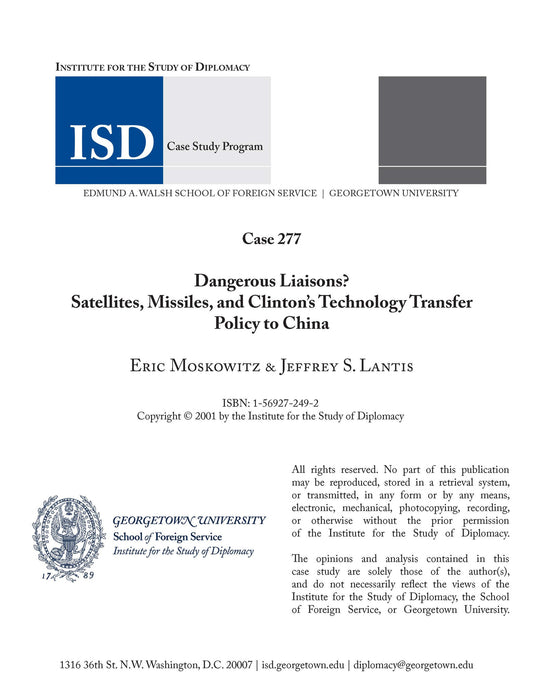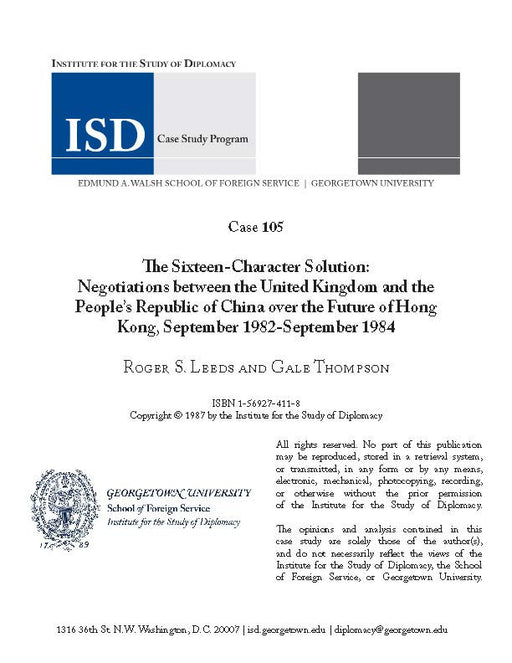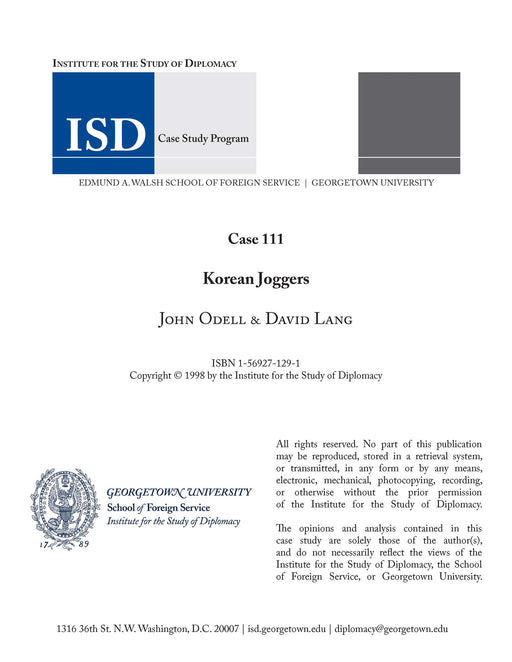Case 277 - Dangerous Liaisons? Satellites, Missiles, and Clinton's Technology Transfer Policy to China
Moskowitz, Eric and Jeffrey S. Lantis
This three-part case study explores how the Clinton administration altered its trade policy with China as part of a larger engagement strategy. Part A describes the formal legal setting of U.S. export control policy and key actors involved in decisions about the transfer of high technology products to other countries. Part B focuses on President Bill Clinton’s decision to transfer satellite export control review authority from the State Department to the Commerce Department, facilitating a more rapid review of satellite deals in the future. It captures the intense bureaucratic struggles over satellite exports and the complex interests and corporate pressures that played into this White House decision to relax export controls. Part C explores the evolution of key bureaucratic positions, the revelation of illegal technology transfers, and congressional investigations of trade ties, which--coupled with broader concerns about Chinese military capabilities, missile proliferation, and human rights violations--led to the February 1999 decision to oppose a technology transfer waiver, reversing a decade of U.S. foreign policy. An epilogue traces the impact of these decisions on bilateral relations and the commercial satellite industry.



